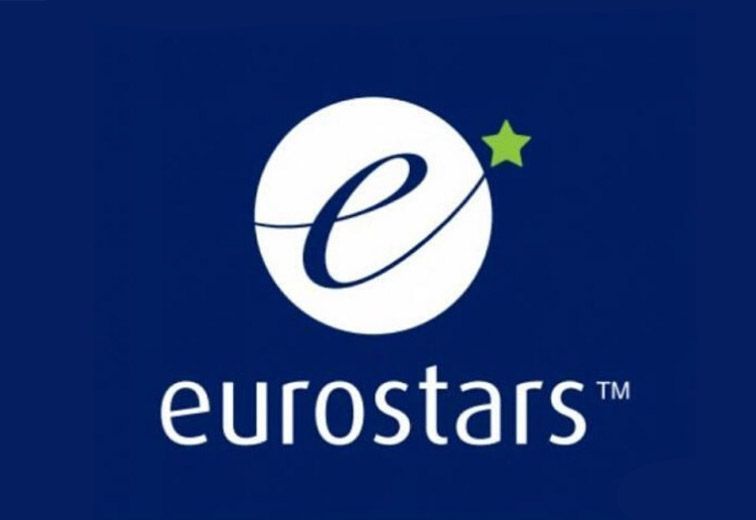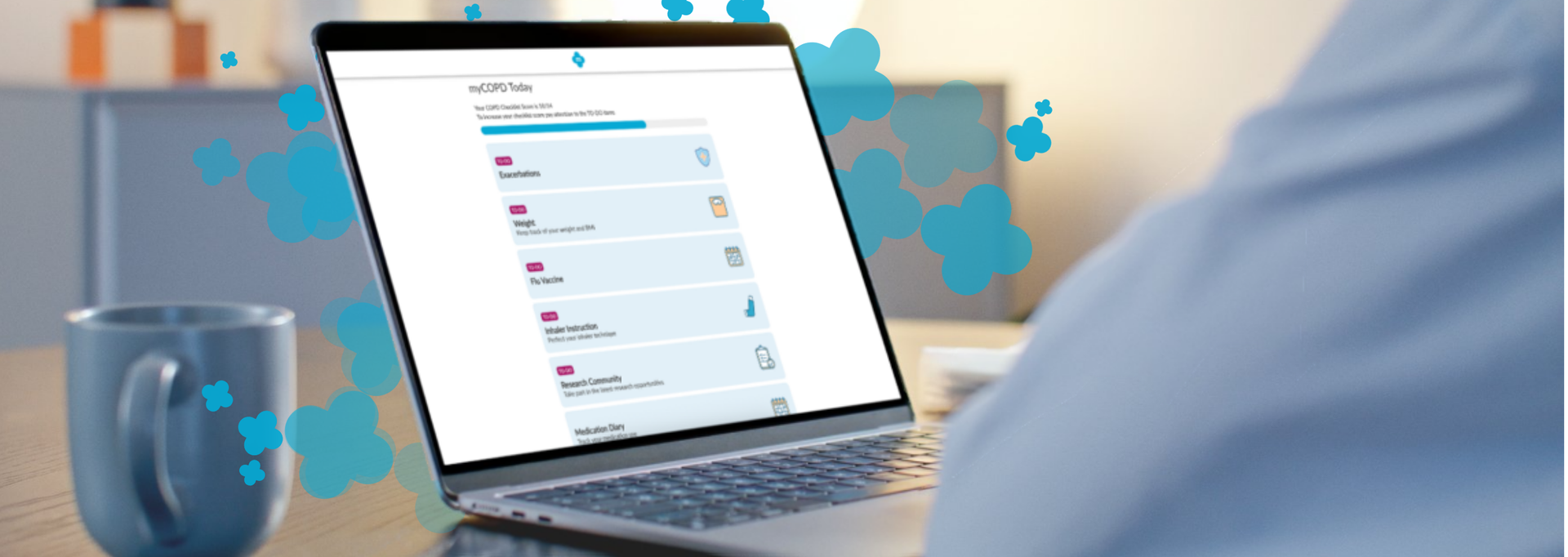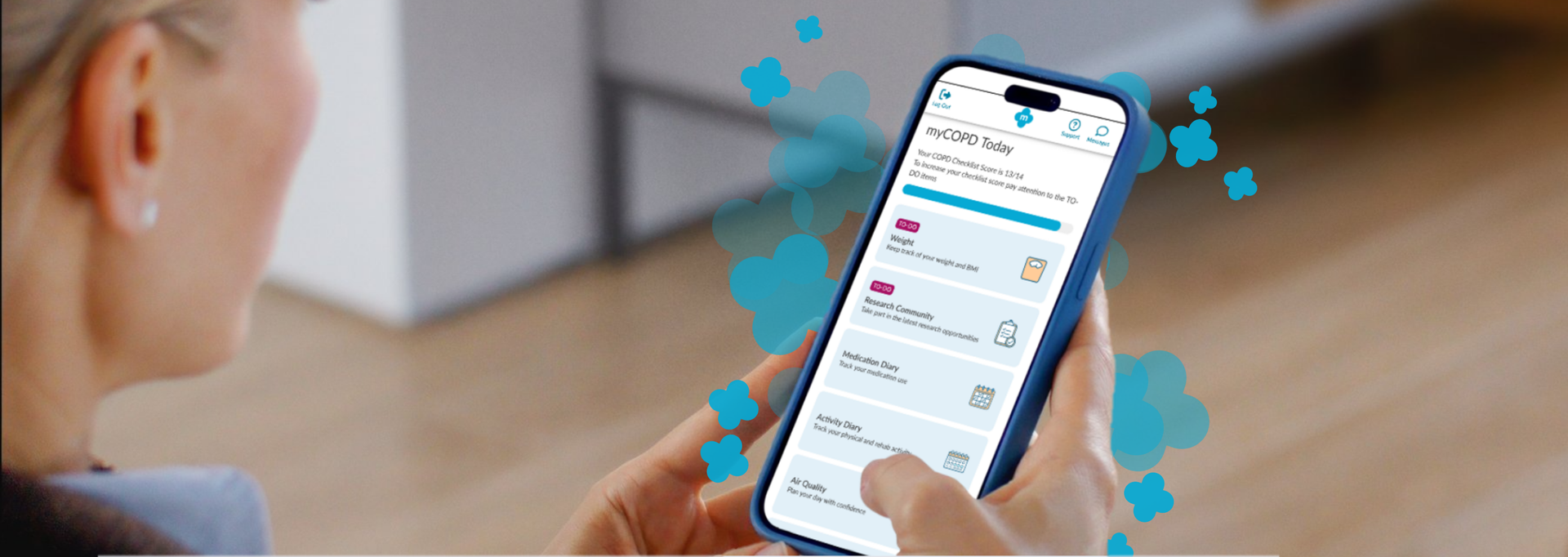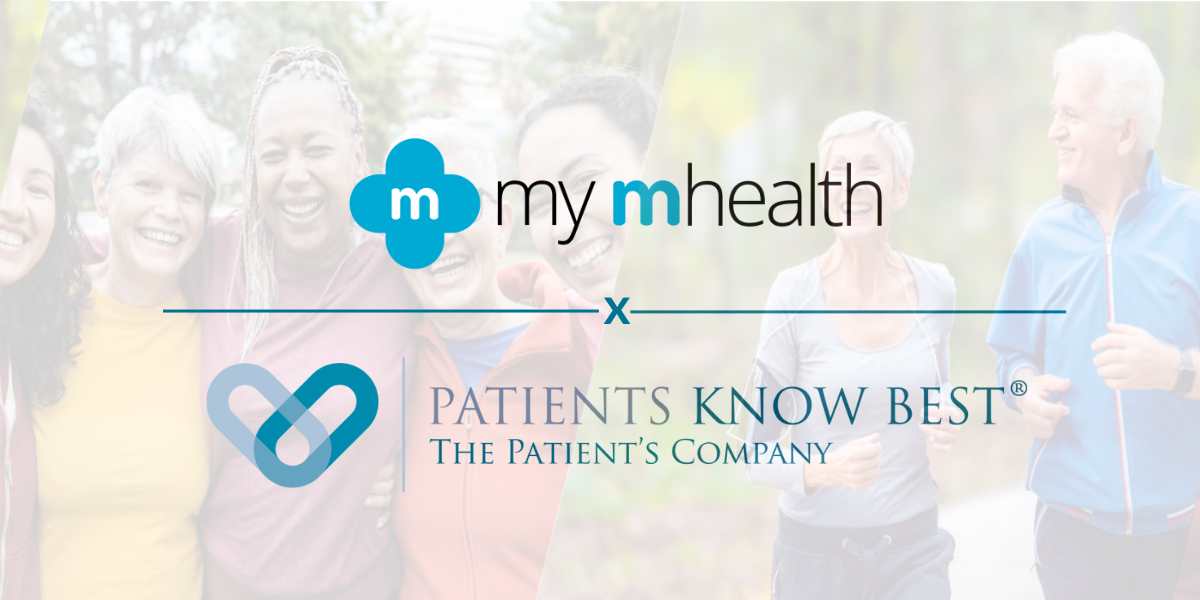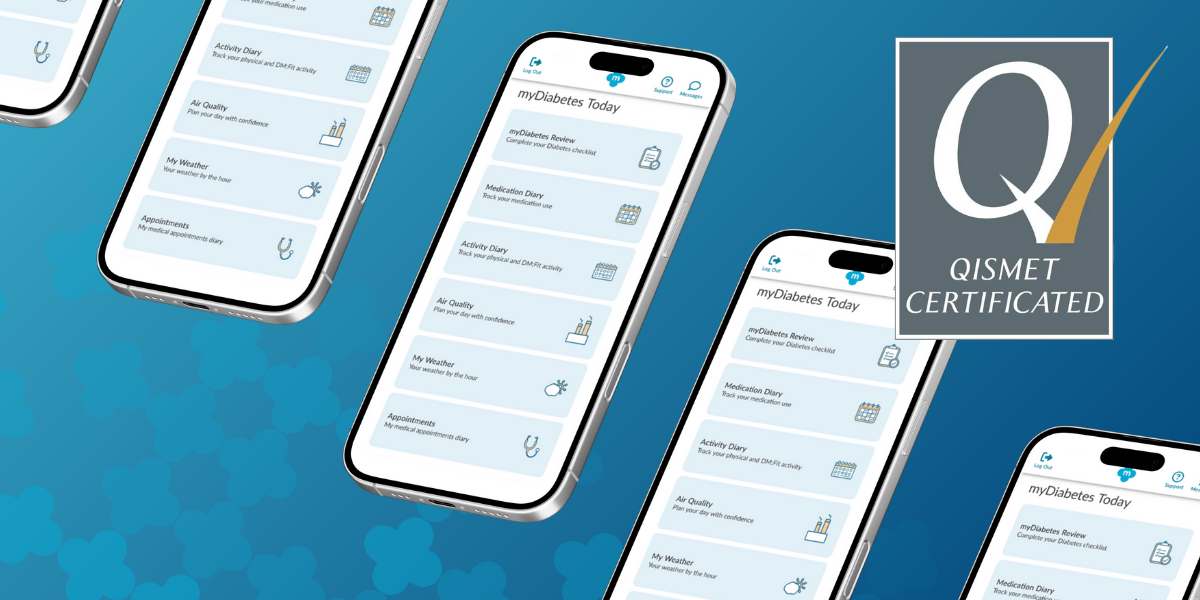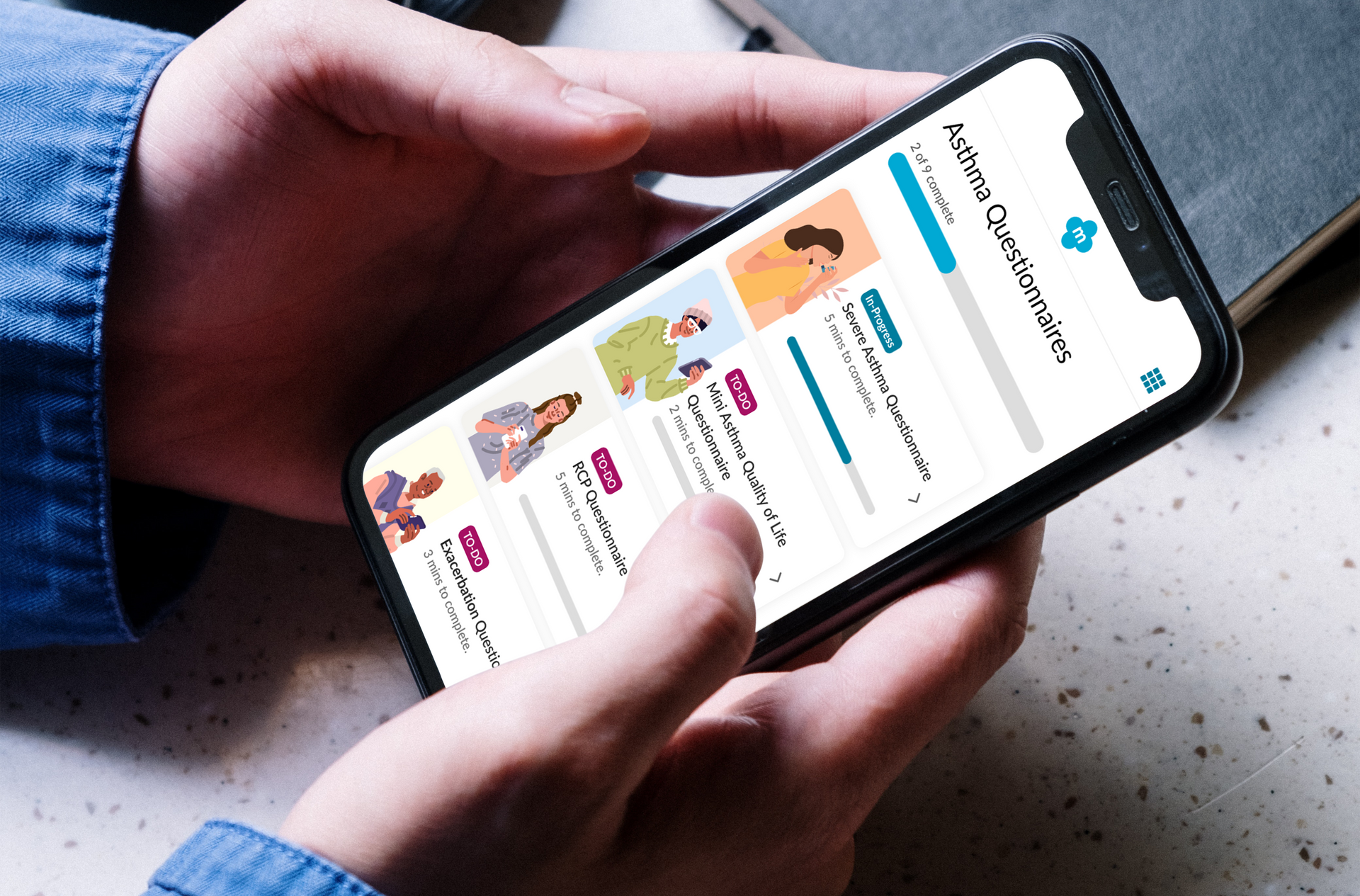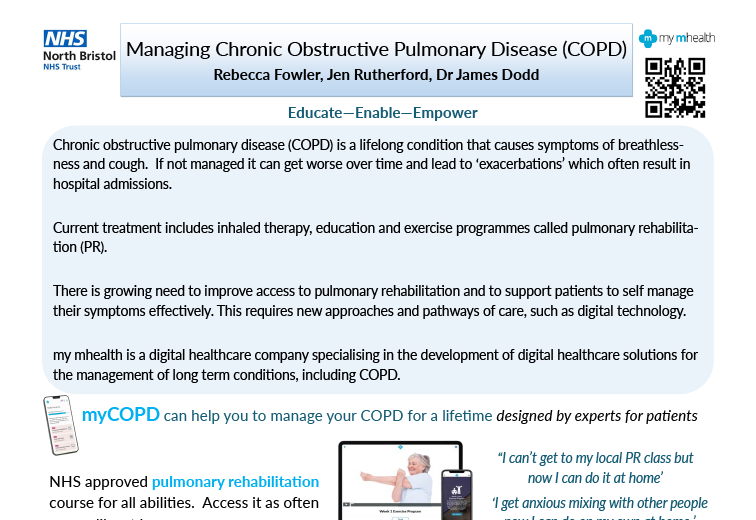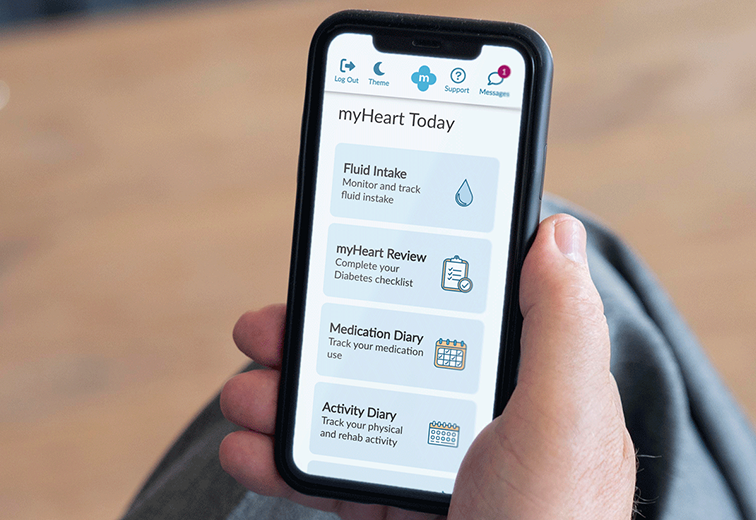The Eurostars Programme is a funding and support programme, aimed at R&D-performing SMEs that wish to redeem the benefits that come with international collaboration. The application process is hugely competitive, with 506 applications submitted from across 36 countries. The evaluation process considers three key areas for assessment; Quality, Impact and Excellence.
As the project lead, my mhealth are clinical and technological experts in digital healthcare applications for long-term conditions, with COPD as a primary area of focus. Their expertise in this arena, and vision and experience in digital therapeutics was recognised by the judging panel. In particular the project achieved the highest scores in the Innovation & R&D category.
In following strict guidelines the app will be compatible for use across the European Union, once developed the app content will be available in five languages: French, Italian, Portuguese, German and Spanish.
Dr. Simon Bourne, Chief Executive Officer of my mhealth:
“We are thrilled to be partnering with such talented and diverse teams on this innovative and important project over the next few years. Each organisation brings a very unique perspective to the table, allowing for a thoughtful and comprehensive approach to tackling heart health. I am extremely passionate about digital health and this has the potential to change many lives for the better, helping us transform cardiac rehabilitation for patients across Europe.”
About my mhealth:
Our mission is to change healthcare forever. We do this by empowering patients and clinical teams to manage long-term conditions using digital therapeutics, delivered remotely at a fraction of the traditional cost to patients with Asthma, COPD, COVID-19, Diabetes and Heart Disease.
Founded by two NHS medical consultants to deliver evidence-based interventions using software and applications to patients, we developed the UK’s first NHS-approved digital platform. My mhealth delivered over 275,000 rehabilitation and education sessions during 2020 to patients with respiratory and cardiac conditions.
Each of our apps, including myCOPD, myAsthma, myDiabetes and myHeart, have been developed with clinical experts in their field to provide patients with the knowledge and support to manage their conditions. These self-management apps offer a unique, customised, and personalised experience for patients and they can be accessed and used on almost any device, from smartphones to smart TV’s.
We are pioneering a new approach to dispersed healthcare provision, enabling remote monitoring, and medication management which delivers better outcomes, improved patient engagement and decreases the burden on the NHS.
About Games for Health:
Games for Health is a research & design driven SME, based in the Netherlands with over 20 years’ experience application design based on playful intelligence for healthcare and other markets. Playful intelligence allows for a desired change in behaviour among individuals, as well as larger groups as it calls on the natural youthfulness of our desire to play. Being a specialist in this field, Games for Health has designed many applications for therapy adherence, anti-biotics prescriptions in the struggle to overcome anti-biotic resistance and lifestyle change in case of infertility problems for several leading pharmaceutical companies. In several European consortia it works on motivational strategies, e.g. for stress relief of elderly employees (mHealthINX), for the stimulation of physical activities in the younger population (Sugapas) and also on planetary health related topics like environmental influence on cardiopulmonary diseases (Expanse) and reversed logistics of e-waste. It’s most recent success is the Post-IC digital diary for the prevention or relief of the post intensive care syndrome, of major importance in times of Covid-19 (Post-icu.com).
About Ospedale Malcantonese (OSCAM):
The Ospedale Malcantonese is a non-profit organisation, established in 1928 thanks to the donation of Mr. Giuseppe Rossi of Castelrotto, officially inaugurated on 11 November 1928. The Ospedale Malcantonese is included in the hospital planning of the Canton Ticino (Switzerland).
The Ospedale Malcantonese has a RAMI department (Acute Department of Minor Intensity), a psychiatry department and various outpatient services (Cardiology, Cardiovascular Prevention and Rehabilitation, Physiotherapy, Ergotherapy, Dietician, Radiology, First Aid, Psychology, Diabetology, Advice for smoke sessecion, Laboratory Analysis, Acupuncture, Abdominal and Vascular Ultrasound, Pulmonology, Social Assistance).
The Ospedale Malcantonese is represented by Dr. Tania Odello (Senior Cardiologist of the Cardiology Service and of the Rehabilitation and Preventive Cardiology Service) and the CUOREMA Cardiovascular Rehabilitation Team, from which the name of the project originates from
CUOREMA. They will specialise in the clinical development of the CUOREMA App, the clinical study that will support the project and ethical supervision.
About the University of Applied Sciences and Arts of Southern Switzerland (SUPSI):
Dr. Francesca D. Faraci is the leader of the Bio-Signal Processing (BSP) research group of the University of Applied Sciences and Arts of Southern Switzerland (SUPSI) Department of Innovative Technologies (DTI). The research focuses on the optimisation and tailoring of advanced statistical and AI methods, to individualise clinical medicine for monitoring, diagnostic and therapeutic applications.
In the European project CUOREMA, SUPSI-DTI-BSP will be in charge of developing the bio-behavioural change support system. BSP researchers will build upon objective, subjective and contextual information about the patients; interpret the information considering the clinical and social individual characteristics and feed this information back into the system to enhance the adherence to CVR, also through gamification. Our biggest challenge is to develop algorithms that integrate different perspectives, ensuring clinical, social, psychological, technical, gamification and computational needs are taken into account.
ALFAGAMMA and L.I.F.E. sponsors
The project will benefit from the collaboration and support of the company ALFAGAMMA, distributor and manufacturer of medical devices and with the company L.I.F.E., manufacturer of advanced intelligent garments that will allow us to monitor our patients in an innovative way, even from a distance.
If you want to find out more about this project or how myHeart can help your cardiac patients please get in touch here or call us on +44 (0)1202 299 583.

